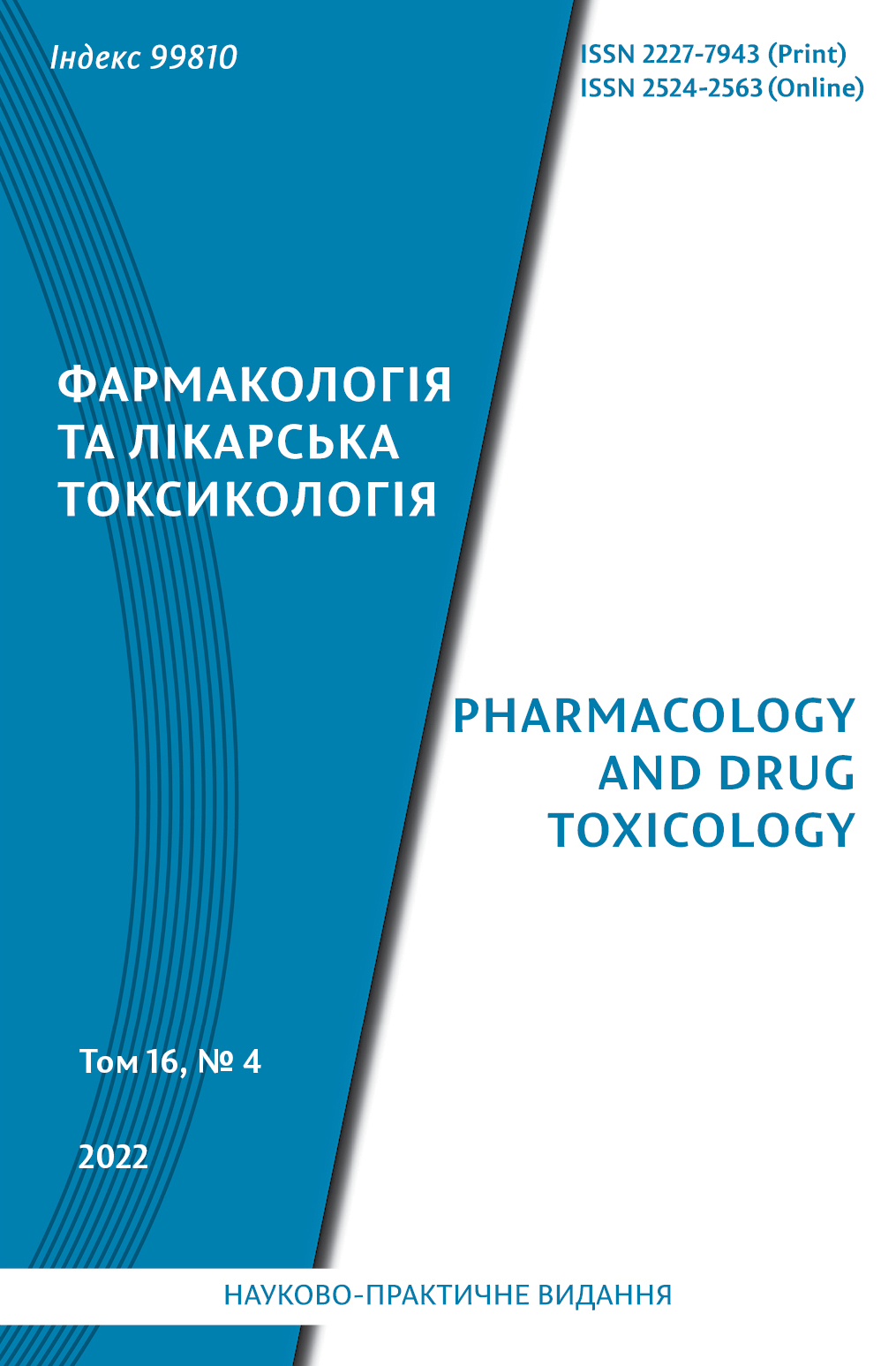Abstract
Essential phospholipids of various origins have found their application as hepatoprotective drugs that protect and improve liver function in diabetes patients with non-alcoholic fatty liver disease and chronic infections. Since the biological activity of essential phospholipids was discovered quite a long time ago and their medical use began far before the final formation of the global system of control over the medicines safety and effectiveness, a paradoxical situation has developed at the moment. Most of the publicly available studies on the effects of essential phospholipids have been conducted in humans. The results of these preparations preclinical studies are usually the property of the manufacturing companies and are not publicly available. However, animal studies results are of the same scientific importance as humans given the fact that animals also suffer from liver diseases, and that the information obtained from animal studies using such medicines can add a lot to our existing knowledge. It will be necessary also for manufacturers of generic preparations for their registration. The purpose of the study was to evaluate the subacute toxicity of essential phоspholipids preparation (Essentiale N) in three doses on rats of both sexes, in order to provide additional scientific information both on its suitability for treatment and to confirm the main parameters of its safety. Subacute toxicity by intraperitoneal repeated administrations of Essentiale N for 28 days was studied using white rats of both sexes (Rattus norvegicus). 20 males and 20 females with a body weight of 150–180 g were divided into 3 experimental and one control group (5 individuals for each sex): 1st group received Essentiale N in a therapeutic dose – 22.13 mg/kg; 2nd group – in a 5-fold therapeutic dose – 110.65 mg/kg; group 3 – in a 10-fold therapeutic dose – 221.30 mg/kg. The control group of animals was injected with a solvent (water for injections) in volumes that corresponded to the maximum dose of the studied preparation. At the end of the experiment, animals were sacrifized, urine analysis was performed, hematological and serum biochemical indices, macroscopic and microscopic parameters were determined. The results of the study revealed a dose-dependent effect of Essentiale N on all parameters. In general, Essentiale N at a dose of 22.13 mg/kg did not cause a noticeable negative effect on body weight gain, urine analysis indicators, hematological and biochemical parameters, tissues of internal organs. With Essentiale N dose increasing to 110.65 mg/kg, a slowdown in body weight gain was noted, as well as increase in aminotransferases activity (compared to the control group), and signs of an inflammatory reaction in internal organs appeared. With Essentiale N in a dose of 221.30 mg/kg, the negative changes deepened (profound increase in aminotransferases and gamma-glutamyltransferase activities, liver, spleen, testis mass coefficients, appearance of destructive changes in the testicles). One animal died. The data obtained may indicate that chronic exposure to Essentiale N in high doses may lead to cholestasis-type liver damage. It could be noted that males are more sensitive to the action of Essentiale N when using its high doses.
